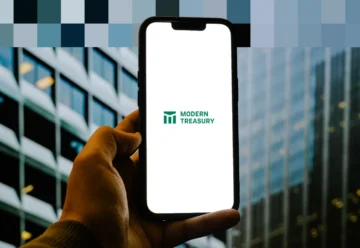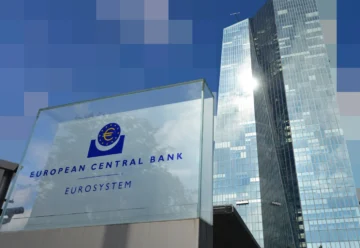Major Crypto Exchanges Adopt Proof-of-Reserve Audit System

Following FTX’s liquidity crisis, several other major crypto exchanges have expressed their willingness to undergo a public audit to ensure the “full transparency” of their reserves. Binance, Crypto.com, OKX, and KuCoin announced plans to implement the Proof-of-Reserve algorithm.
Binance CEO Changpeng Zhao was the first to announce the need for “full transparency” of reserves. He said crypto exchanges shouldn’t operate on partial reserves, so Binance is preparing to disclose liquidity information using Proof-of-Reserve.
Kris Marszalek, CEO of Crypto.com, shares Changpeng’s opinion. He stated on Twitter that the crypto exchange was ready to implement Proof-of-Reserve and publicly disclose data about the company’s cash holdings.
Two other major exchanges, OKX and KuCoin, also announced their intention to introduce Proof-of-Reserve. On OKX’s official Twitter account, exchange representatives declared that an independent audit of their reserves would be conducted as soon as possible. For this purpose, the exchange hired a large auditing firm, Armanino. Additionally, the company listed 23 Bitcoin and 13 Ethereum addresses holding about $3 billion.
KuCoin CEO Johnny Lyu also publicly announced that the exchange would provide Proof-of-Reserves results “in about one month.” He expressed sympathy for all users who had been “hurt by the current FTX situation,” stressing that KuCoin would work with “authoritative auditing institutions.”
The community reacted vigorously to the big players’ willingness to disclose their reserves. Reputable industry representatives also voiced their approval. For example, Chainlink CEO Sergey Nazarov said that Proof-of-Reserves could become a “new industry standard.” Anthony Sassano, Founder of The Daily Gwei, stated that Proof-of-Reserves had already been successfully integrated with DeFi. And Ryan Selkis, Founder of Messari, clarified that regulators should pay attention to those industry players who failed to express a desire to be audited by Proof-of-Reserves.
A Proof-of-Reserve audit, also called Proof-of-Funds, is a method used to confirm the sufficiency of a company’s assets, particularly cryptocurrencies, to process all of its clients’ withdrawals. Typically, this audit is conducted by an independent third party that records all customer balances and converts them into a Merkle tree. The Merkle tree or hash tree is a technique to determine the integrity of files and perform data verification. Using this method at the core of Proof-of-Reserve allows a platform’s total user balances to be compared to its total assets. Similar protocols are already used by crypto exchanges Kraken, Bitmex, Gate.io, and many others.
Rumors of FTX’s liquidity problems and news of its possible acquisition by Binance triggered a major sell-off in the cryptocurrency market, which caused BTC and most other assets to plummet. Meanwhile, the conflict between Binance and FTX is far from over.











